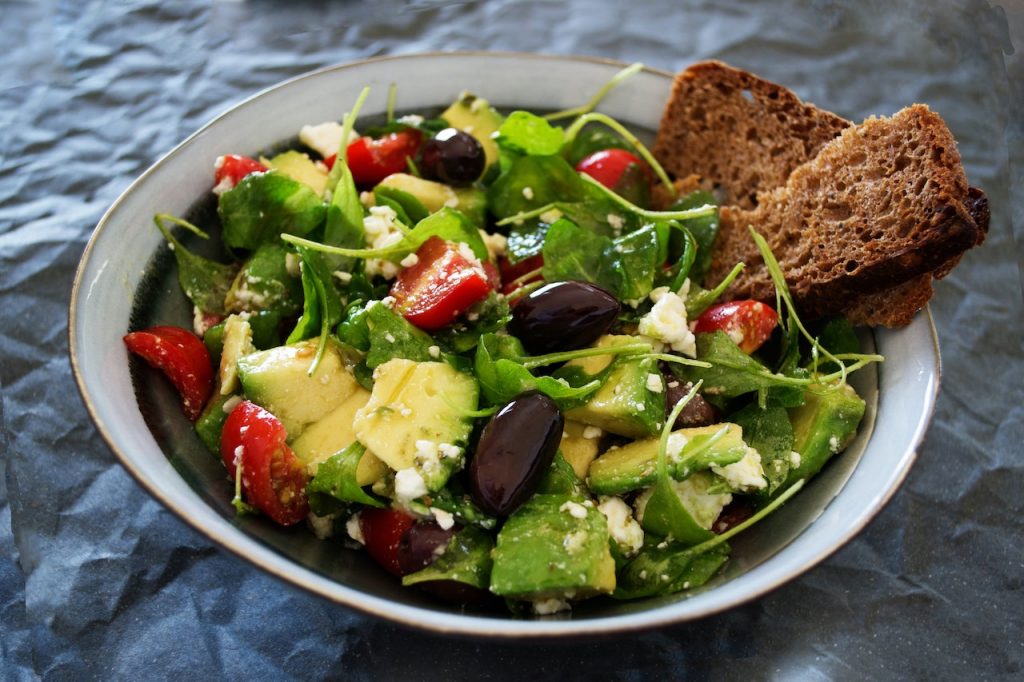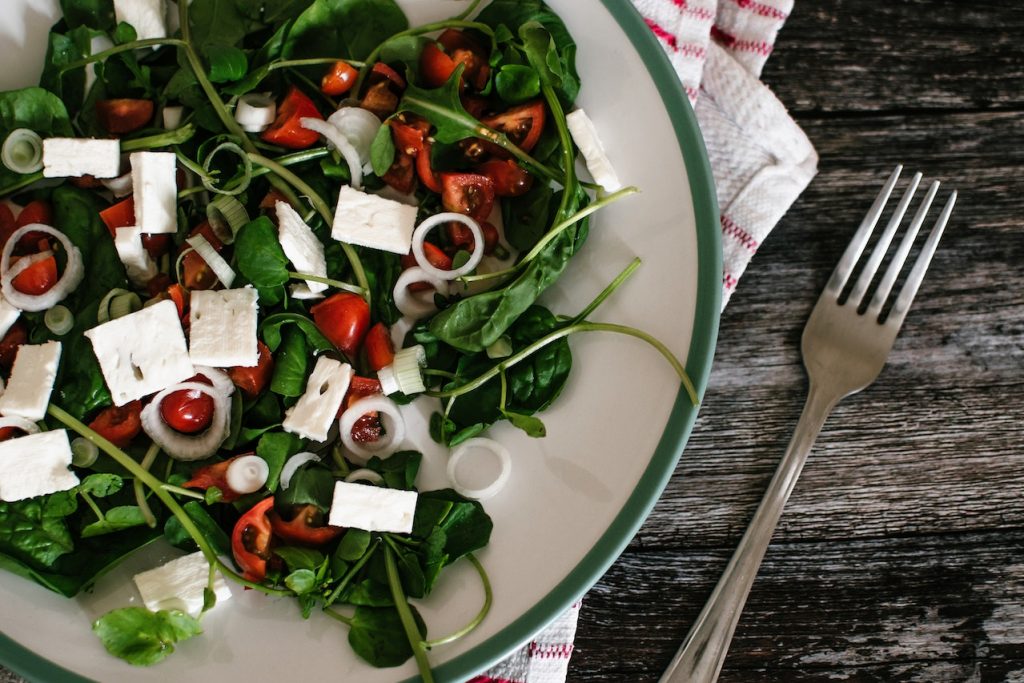
Is Salad Really Healthy?
When it comes to healthy eating, salads have long been hailed as a go-to option. Packed with vegetables, greens, and often topped with nutritious additions like nuts and seeds, salads seem like an obvious choice for those aiming to maintain a balanced diet. However, the question remains: Is salad really healthy? In this blog, we will explore the various aspects of salads, their nutritional value, potential pitfalls, and tips to ensure that your salad truly lives up to its reputation as a healthy meal option.

1. The Nutritional Powerhouse of Vegetables
One undeniable benefit of salads is the abundance of vegetables they contain. Fresh vegetables are rich in essential vitamins, minerals, and antioxidants that support overall health. Leafy greens like spinach and kale are excellent sources of vitamin K, while colorful vegetables like bell peppers and tomatoes provide vitamins A and C. Additionally, vegetables are usually low in calories and high in fiber, making them a smart choice for weight management and digestive health.
2. Protein Punch
Adding Proteins to Your Salad While vegetables are a staple in salads, adding protein can elevate their nutritional value and make them more satisfying. Grilled chicken, tofu, beans, chickpeas, or even a sprinkle of nuts and seeds are popular protein choices for salads. Protein is essential for muscle repair, immune function, and satiety, helping to keep you feeling full and energized.
3. Dressing Dilemma
The Impact of Dressings on Health One aspect that can significantly impact the healthiness of a salad is the dressing. Creamy dressings, high in saturated fats and calories, can turn a healthy salad into a calorie bomb. However, options like vinaigrettes made with olive oil, lemon, and vinegar can be a healthier alternative. Pay attention to portion sizes when adding dressing to your salad, as a little can go a long way in terms of flavor without adding excessive calories.

4. Hidden Calories
Be Mindful of Toppings While vegetables and proteins form the base of a salad, toppings can often sneak in hidden calories. Croutons, bacon bits, fried noodles, or excessive amounts of cheese can quickly turn a nutritious salad into a less healthy option. It’s essential to be mindful of the quantity and types of toppings you add to maintain the nutritional integrity of your salad.
5. Balancing Nutrients
The Importance of Variety A balanced and truly healthy salad involves incorporating a variety of nutrient-dense ingredients. In addition to vegetables and proteins, consider adding fruits, whole grains, and healthy fats like avocado or olives. This not only enhances the taste and texture of the salad but also ensures a diverse range of nutrients, making it a well-rounded meal.
6. Portion Control
The Key to Salad Success While salads can be incredibly healthy, portion control is crucial. Overeating, even with the healthiest of ingredients, can lead to consuming more calories than you need. It’s easy to get carried away with large portions, especially when dining out. Listen to your body’s hunger cues and be mindful of portion sizes to fully benefit from the healthiness of your salad.
Conclusion
In conclusion, salads can indeed be healthy and offer a wealth of nutritional benefits, provided they are well-balanced and mindful in their preparation. Packed with vegetables and often incorporating valuable sources of protein, salads offer a nutritious and satisfying meal option. However, the potential pitfalls lie in dressings and toppings, which can add excessive calories and unhealthy fats if not chosen wisely. By selecting nutrient-dense ingredients, practicing portion control, and being mindful of dressing choices, salads can be a delicious and genuinely healthy addition to your diet.

The key to enjoying salads as a healthy option is to embrace variety and creativity. Experiment with different combinations of vegetables, proteins, fruits, and dressings to discover your favorite flavors. Whether you’re enjoying a light lunch, a side dish, or a full meal, salads can be a versatile and nourishing part of a balanced diet. So, the next time you’re considering a salad, rest assured that, with a little attention and care, it can truly live up to its reputation as a wholesome and healthy choice for your well-being.